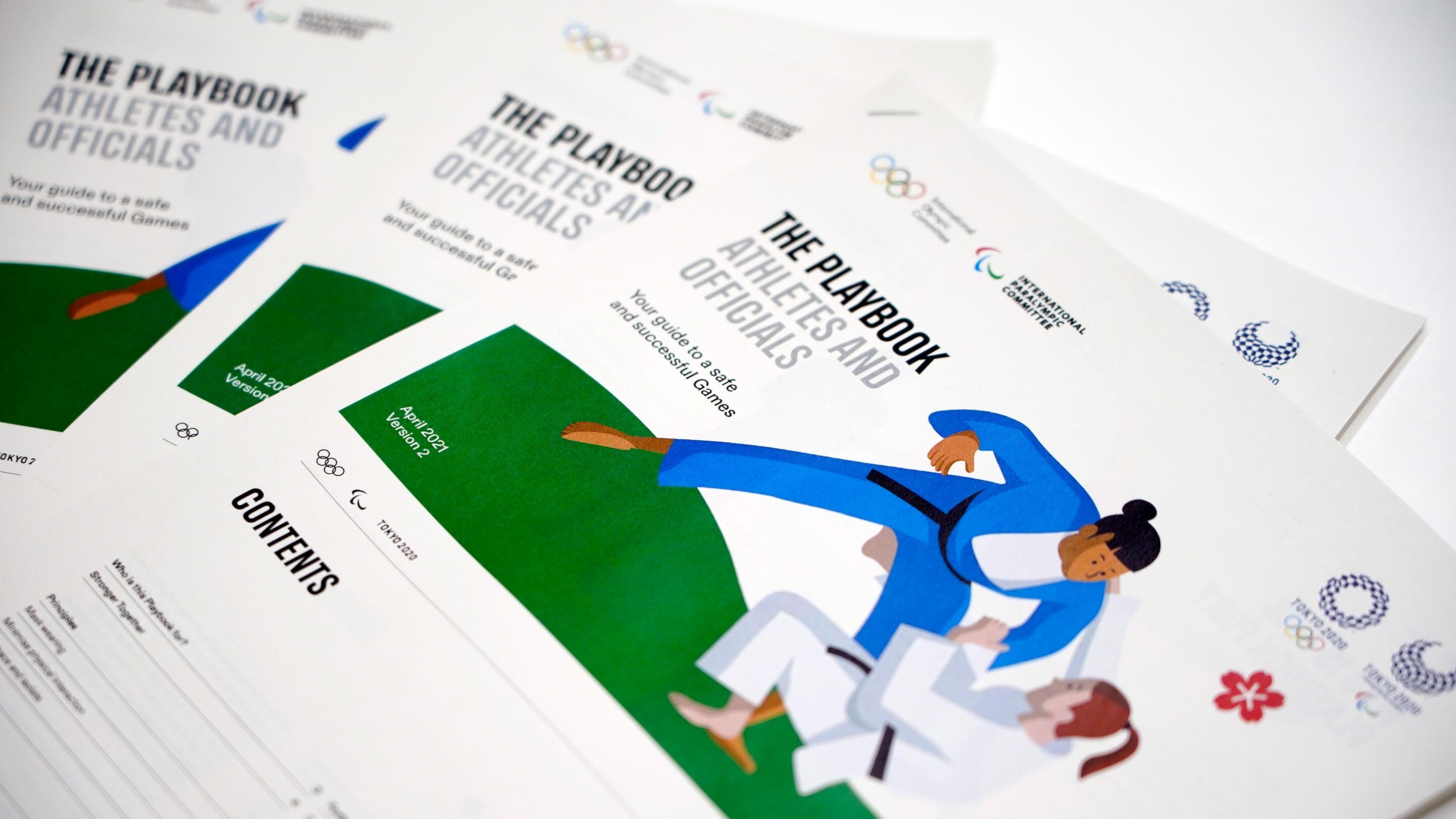The Executive Director of the World Health Organization (WHO)’s Health Emergencies Programme, Dr Michael Ryan, has welcomed the strict COVID-19 countermeasures which are being put in place for the Olympic and Paralympic Games Tokyo 2020.
“There has been a tremendous amount of work done on the Playbooks for the teams and the delegations that are coming; a lot of preparations amongst those teams regarding testing and quarantines and arrival. And measures that are being taken in the Olympic Villages, in the training facilities and around the venues themselves,” he said.
Answering a question during a media briefing at the WHO headquarters in Geneva, Switzerland, on Friday 7 May, Dr Ryan said: “The issues regarding the Olympics are multi-dimensional. […] It is not whether we will have [the] Olympics or not; it is how those individual risks within that framework are being managed.”
Acknowledging that the Games are a complex event that requires a lot of logistics and risk management, he said WHO has “confidence that the International Olympic Committee and the host city Tokyo, and the Government of Japan, will make the right decisions regarding how best to manage the risks, and are working extremely hard right now to ensure that those risks are well managed”.
Playbooks and sports events
WHO is part of the All-Partners Task Force working on the countermeasures for the Games, which also includes the Government of Japan, the Tokyo Metropolitan Government (TMG), the Tokyo 2020 Organising Committee, the IOC, the International Paralympic Committee (IPC) and independent experts and organisations from across the world.
The latest output from the task force’s work was the second version of the Playbooks, the documents outlining the personal responsibilities key stakeholders must take on to play their role in ensuring safe and successful Games.
Dr Ryan also referred to the experience which has been acquired around the world with sports events happening in recent months. “It is our hope that the Olympics can occur. We have seen sporting events and leagues run very, very safely over the last six months, without spectators, with special bubbles and arrangements for athletes and for others – footballers and many, many others.”
Spectator capacity
He also commented on the agreement reached by the IOC, the IPC, Tokyo 2020, the TMG and the Government of Japan to make a decision regarding spectator capacity at the Olympic and Paralympic venues in June.
“Positivity rates in Japan are around seven per cent, so Japan has experienced an increase, like everybody else, over a period of weeks and months. That has levelled off. It is not continuing to increase. And it is our hope – it is our hope for every country – that that continues on a downwards trend. And we will leave it to the authorities in Japan, who are highly competent, to decide what level of attendance could occur in the Olympics.”
“Some of those decisions cannot be made until closer to the event because it will depend on the epidemiologic situation at that time. So, it is not a failing at all on behalf of the organisers that they have not made certain decisions, because those decisions can only be made on the basis of the epidemiologic parameters that pertain at that time.”
“We will leave any decisions regarding the extent to which the Olympics have attendance at venues and other decisions to them, as we believe they are applying a very, very systematic risk management approach to protect public health at this moment. As needed, they will make the decisions that are needed based on the epidemiologic situation as we approach the July date.”
IOC President Thomas Bach noted today: “These very encouraging remarks by the World Health Organization are a clear signal to everyone: the athletes, the delegations from all around the globe, the Organising Committee, all the Japanese people and also the IOC and IPC. I would like to express our thanks to WHO for the cooperation and advice we have enjoyed from them since the very beginning of the pandemic and the confidence they have expressed in the planned countermeasures and the IOC. We will continue to be guided by scientific and medical expertise from around the world to organise safe Olympic and Paralympic Games Tokyo 2020 for everyone.”

